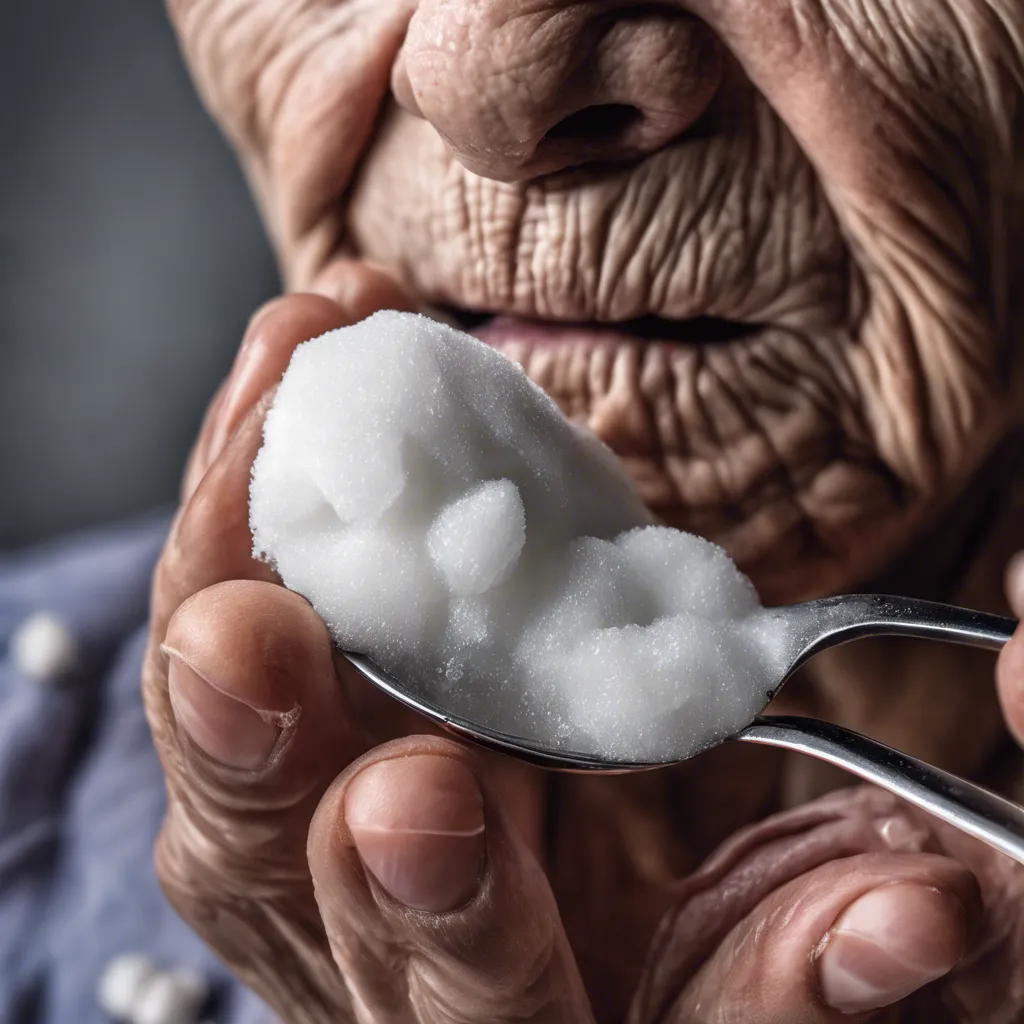The Impact of Sugar on Skin Health and Aging
Did you know that the sweet treat you can't resist may be wreaking havoc on your skin? Discover how sugar affects skin health and accelerates the aging process.
Did you know that the sweet treat you can't resist may be wreaking havoc on your skin? Discover how sugar affects skin health and accelerates the aging process.

In today's article, we delve into the fascinating connection between sugar and skin health and aging. As one of the most widely consumed ingredients in our modern diet, sugar has been linked to numerous negative effects on our overall well-being. Join us as we explore the scientific research behind the impact of sugar on our skin, uncovering how it contributes to premature aging, acne, and other skin concerns.
In today's world, the consumption of sugar has reached alarming levels. While we are aware of its negative impact on our overall health, many are unaware of its direct connection with our skin. Excessive sugar consumption can lead to inflammation and oxidative stress, eventually contributing to various skin issues such as acne, wrinkles, and dullness. The following points elucidate this connection:
Excessive sugar consumption can lead to a process called glycation, where sugar molecules attach to collagen and elastin fibers. This impairs their functionality, resulting in reduced skin elasticity and firmness.
Recent studies have revealed a strong connection between sugar consumption and the aggravation of existing skin conditions like acne, eczema, and rosacea. Excessive sugar intake can lead to inflammation, which in turn triggers the production of sebum, leading to clogged pores and acne. Additionally, sugar can disrupt the delicate balance of gut bacteria, contributing to skin inflammation and conditions like eczema. The spikes in blood sugar caused by high sugar intake can also trigger rosacea flare-ups. Cutting back on sugar can play a crucial role in managing and improving these skin conditions.
To achieve flawless skin, it is recommended to reduce sugar consumption. Opt for whole foods, avoid sugary beverages, and read labels for hidden sugars to maintain a healthy and radiant complexion.
In conclusion, the impact of sugar on skin health and aging is significant. Excessive consumption of sugar leads to the formation of advanced glycation end products (AGEs) that damage collagen and elastin, resulting in wrinkles, sagging skin, and loss of elasticity. Additionally, sugar triggers inflammation in the body, leading to acne breakouts and exacerbating conditions like rosacea and eczema. It is essential to be mindful of our sugar intake and maintain a balanced diet to promote healthy skin and slow down the aging process.
Consuming excessive amounts of sugar can lead to inflammation in the body, which can manifest on the skin as acne, rosacea, or other inflammatory conditions. Sugar also contributes to glycation, a process where excess sugar molecules bind to collagen and elastin fibers, leading to premature aging and loss of elasticity.
High sugar intake can increase insulin levels, which in turn leads to increased oil production and inflammation in the skin. This can exacerbate acne breakouts and make them more difficult to treat.
Some alternative sweeteners that have a lower impact on skin health include stevia, erythritol, and xylitol. These sweeteners have minimal effects on blood sugar levels and do not contribute to the glycation process.
Reducing sugar intake can have positive effects on skin health. It can help reduce inflammation, regulate oil production, and prevent glycation, leading to clearer, healthier skin.
Yes, sugar consumption can contribute to the development of wrinkles. The glycation process caused by excessive sugar intake damages collagen and elastin fibers, resulting in decreased skin elasticity and the formation of wrinkles.
While excessive consumption of refined sugars is generally detrimental to skin health, natural sugars found in fruits and vegetables have less of an impact. However, it is still important to moderate overall sugar intake for optimal skin health.
The American Heart Association recommends limiting added sugar intake to no more than 25 grams (6 teaspoons) per day for women and 36 grams (9 teaspoons) per day for men. However, individual needs may vary depending on factors such as activity level and overall diet.